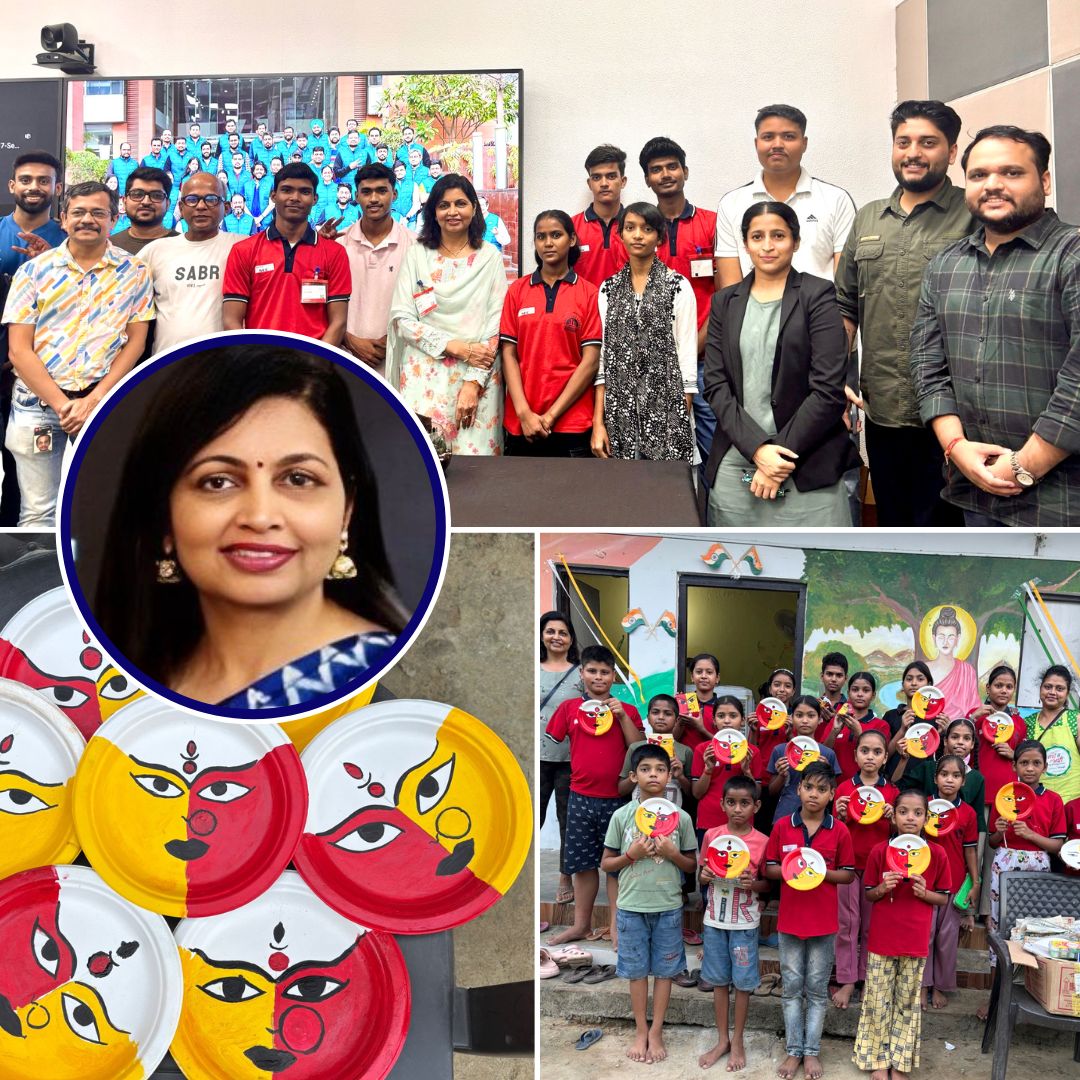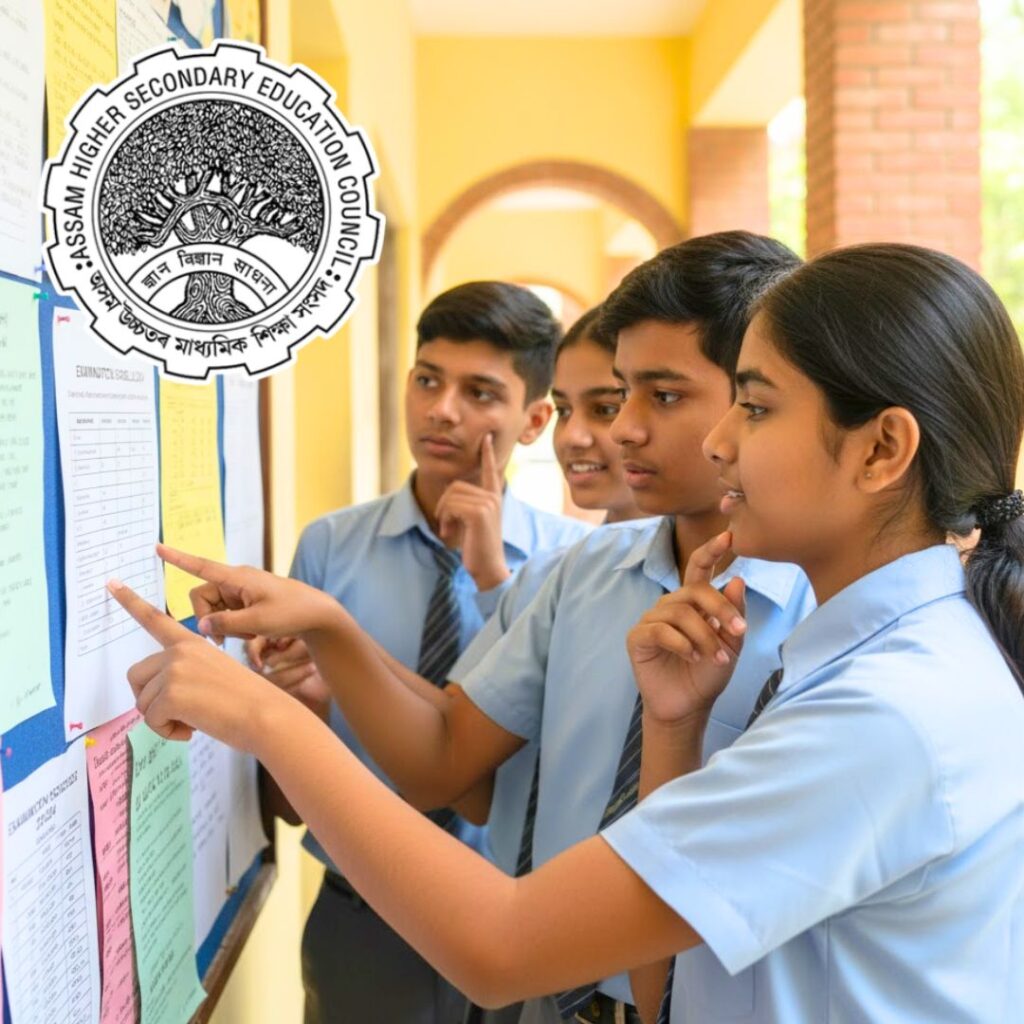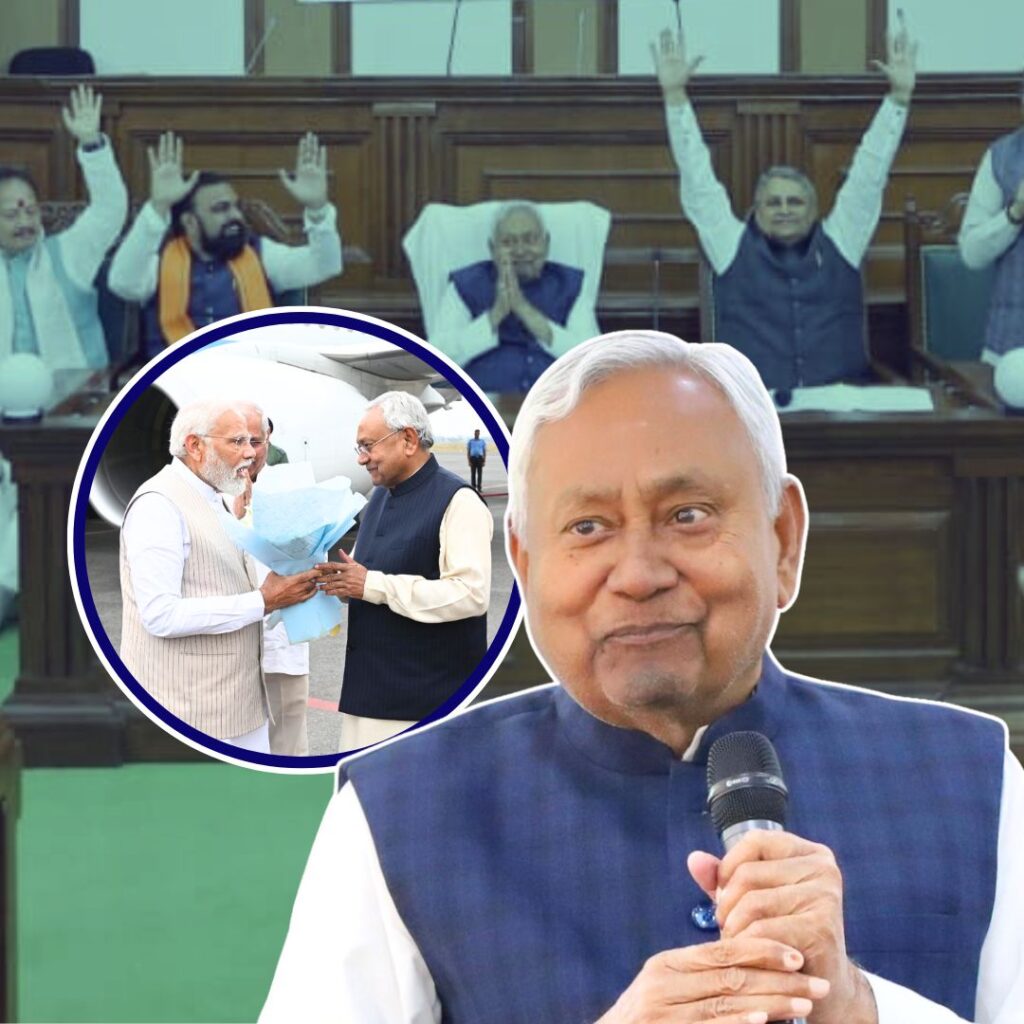Ushakiran NGO’s founder, Chhaya Sharma, is an embodiment of dedication to transforming the lives of underprivileged children through education and holistic development.
Beginning her journey with only seven children in a small room adjacent to her Noida apartment in 2016, Sharma’s initiative has grown steadily into a full-fledged NGO impacting over thousands children across Noida and parts of Uttar Pradesh. At present 700+ children are associated with them under various projects.
With a formal education background a B.A. Honours and M.A. in History, along with a B.Ed. and professional experience in central and private schools, Sharma brings both passion and pedagogy to her work.
Inspired by the ethos embodied by her mother, Usha Sharma, after whom the NGO is named meaning “ray of hope,” Chhaya Sharma pictured education as a powerful tool to uplift the deprived and break the cycle of poverty through knowledge and skill-building.
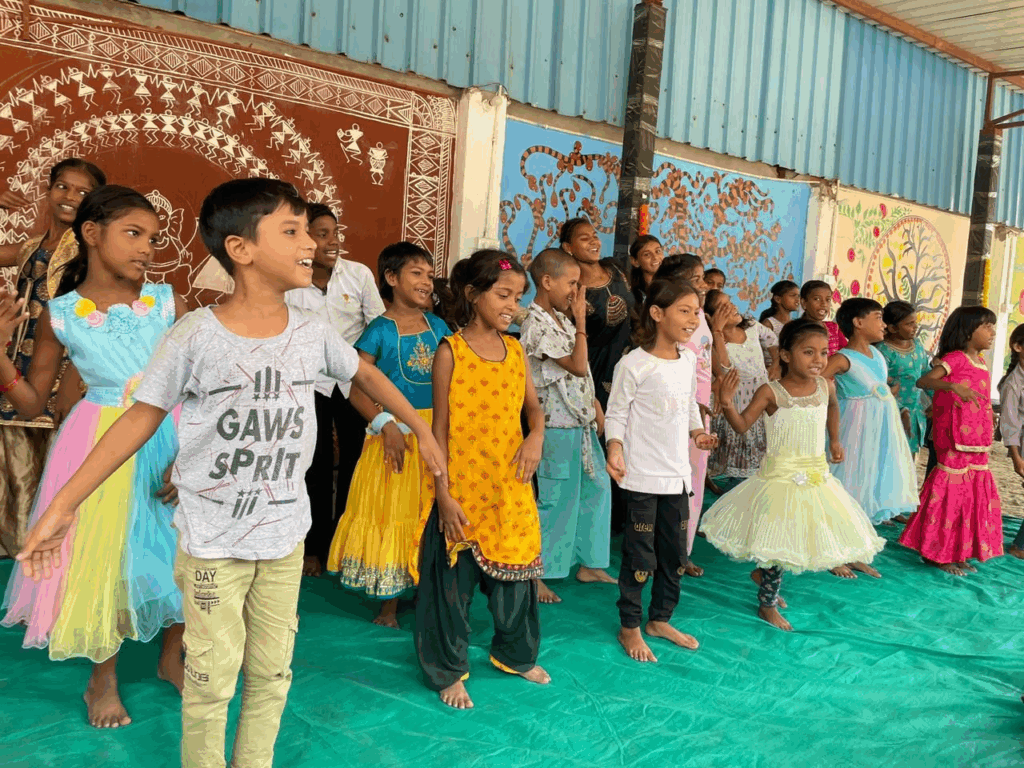
A Humble Beginning with a Grand Vision
Chhaya Sharma’s journey emphasizes perseverance and community building. She began by inviting seven children, mostly from nearby slums, into her home for basic instruction in English, Hindi, mathematics, and science.
Initially met with resistance from local residents who harboured security concerns about children from slum areas, and scepticism from her own family due to worries about hygiene and communicable diseases, Sharma navigated these challenges with dialogue and determination.
Quickly, more children joined, some reaching up to 40 students within a month, expanding the scope of her work and community engagement. Volunteers and like-minded supporters helped her manage growth, transforming Ushakiran into a learning space alive with cultural activities, community celebrations, and a vision for inclusive education.

Overcoming Challenges and Embracing Change
The COVID-19 pandemic tested Ushakiran’s resilience as traditional classroom learning halted. However, Sharma’s team adapted by implementing online classes and securing donations of smartphones, computers, and educational materials.
The NGO collaborated with other organisations such as AAS Vidyalaya, EdIndia, and SAVE NGO to establish an e-library rich in literature and learning resources, ensuring continuity in education for the children.
Additionally, the focus extended beyond academics to include nutrition and hygiene to combat health risks heightened by the pandemic, Ushakiran set up organic farms for fresh food and distributed hygiene kits.
These comprehensive measures illustrate an understanding that education alone is insufficient without addressing the broader welfare needs of children.
Holistic Child Development and Community Impact
Ushakiran’s work transcends the academic realm by fostering children’s confidence, social skills, and creativity through vocational training and extracurricular initiatives including dance, art, drama, and sports. This holistic approach helps children overcome socio-economic stigmas and builds community rapport.
Sharma highlighted how girls face a compounded challenge with poverty and social inequality, which Ushakiran directly addresses by encouraging their education and community acceptance.
Many children who began as “aimless” and uncertain now excel academically and engage actively in society, representing Ushakiran’s transformative potential.
The NGO consistently evaluates its programs to ensure they meet community needs and encourages transparency and stakeholder collaboration, involving parents, teachers, volunteers, and local authorities.
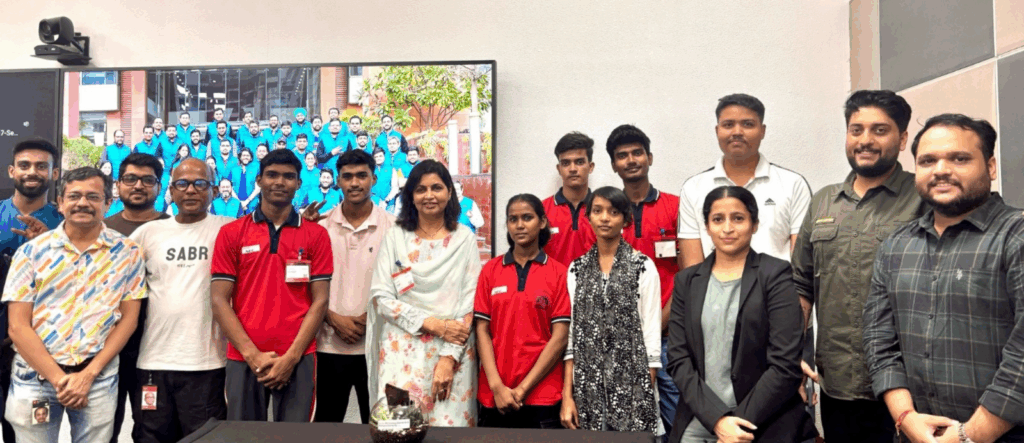
Partnerships, Sustainability, and Future Plans
Ushakiran has actively sought sustainable funding models by partnering with corporates, individuals, government bodies, and NGOs. It has trained staff to efficiently manage operations within limited resources and has expanded its footprint to centers in Shahdara and Kulesara, Uttar Pradesh.
Participation in events like the Vedanta Delhi Half Marathon extends awareness and fundraising avenues, recently enabling the establishment of a computer lab for digital literacy.
Looking forward, Sharma envisions a society where no child is deprived of the right to education due to poverty, arguing for stronger community networks and partnerships. The NGO’s journey exemplifies how grassroots efforts flourish through collective commitment and transparent, strategic planning.
The Logical Indian’s Perspective
Chhaya Sharma’s story with Ushakiran exemplifies the power of determined individuals to invoke lasting social change through education and empathy. The NGO’s adaptable strategies and community-rooted approach stand as a model for others aiming to reduce educational inequities and promote dignity for all children. Sharma’s emphasis on openness, accountability, and partnership reflects values we at The Logical Indian cherish: kindness, dialogue, and collective progress.
As the nation evolves, nurturing such empathetic leadership ensures that children from marginalized sections do not remain invisible or voiceless. We invite our readers to consider: how can each of us help scale initiatives like Ushakiran to ensure that every child’s dream is valued and realised? What role can constructive community engagement play in transforming systemic barriers to education?
If you’d like us to feature your story, please write to us at csr@5w1h.media


